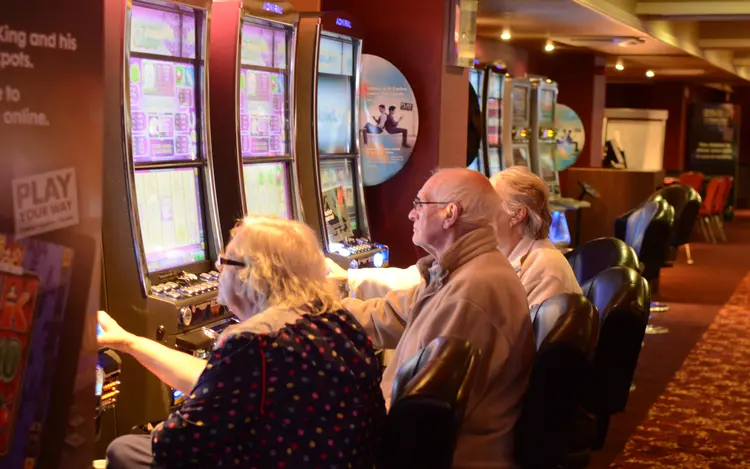A 268-page long white paper by the Department for Culture, Media and Sport is all about reforming gambling regulation by carefully reviewing the provisions held in the Gambling Act 2005. The paper challenges a lot of existing conceptions but most notably, there is a call to lower the maximum stake limit per spin on online slots. This tightening has been enforced now, as confirmed by The Guardian.
Let us break it down.
Stake Limits
The government had a 10-week consultation period where an online slot staking range limit was suggested as part of the measures within this white paper. And finally, it was decided to cap the maximum per-spin stake at online slots to £5 for those aged 25 and over; and to £2 for those aged 18 to 24. Before this key piece of regulation, the maximum stake was uncapped—you could wager as much as you wished per spin on an online slot.
Notably, slot machines in physical casinos have carried similar limits for a while now. For example, B3A gaming machines have a maximum stake of £2 for all players. This measure, now implemented for online slots, aims to stop binge play, chasing losses, and reckless gambling.
Everyone from gambling operators to the best slot sites relies on players being a little loose with their wallets. So, of course, this will diminish the profits they make. The move is expected to wipe out around £170 million from the annual revenue of the UK gambling industry, which currently sits at almost £11 billion.
Commenting on the matter, Stuart Andrew, the minister for gambling, had to say the following:
“Although millions of people gamble safely every single day, the evidence shows that there is a significantly higher problem gambling rate for online slot games. We also know that young adults can be more vulnerable when it comes to gambling-related harms, which is why we committed to addressing both of these issues in our white paper.”
Problem Gambling in the UK
The idea is to level the playing field (against land-based casinos) considering the popularity of online gambling in the UK. The white paper has many more measures—which might be implemented throughout this year and the next.
Needless to say, there is already substantial criticism from those who oppose online gambling. The common criticism is that the limit does not do enough to protect gamblers in the UK.
A 2018 NHS survey pegged problem gamblers to be around 8.5% of the total online casino and slot users. In contrast, problem gamblers on land-based slot machines, online sports betting, and other forms of gambling are relatively smaller at 5.1%, 3.7%, and 1.3%, respectively.
Over the years, the UKGC alongside other institutions as well as gambling operators has tried to make the climate safer for gamblers. It has worked to an extent. We have a host of responsible gambling tools that UKGC-licenced gambling platforms must have on their websites. In fact, at the Gambling Zone, we have covered all such tools available to UK players.
But new measures are always being contemplated and argued, especially for younger players. Young gamblers in the age range of 18 to 24 are especially at risk of problem gambling. They might not even be aware of the full extent of responsible gambling tools available to them.
How this new £5 stake limit on online slots will affect gameplay is something that only time will tell. There is also a risk of the climate becoming very strict and players gambling at UKGC platforms flocking to offshore casinos. Offshore casinos are not only unregulated (technically, not regulated with the same strictness as the UKGC), but they are not UK-friendly, lack responsible gambling tools, and make you lose more with their predatory terms.
Where Do We Go From Here?
One thing is for sure—the £5 stake slot machines experience will now become the norm. Online casinos will not allow you to wager more than £5 per spin if you are 25 or older. If you are aged 18 to 24, you will be limited to £2 instead. All UKGC-licenced casinos have the required KYC measures in place to know your age and limit you from gambling more than the provisioned cap.
The £5 stake slot machines are bad news for many gambling operators. But making online gambling safer is a good deal for them over the long run, whether they realise it today or not. Normalising online gambling and permeating newer demographics will not be possible if online gambling is seen as an insecure venture.
As Andrew said, we already know that a lot of people engage in gambling activities online while staying safe. It is not hard to do. But the small portion that is actually at risk of going down the problem gambling route should be protected so online gambling, as an industry, can remain relevant for those who gamble responsibly and safely, while staying away from offshore gambling operators.








